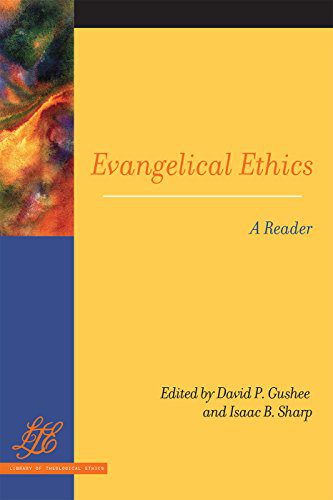Just as it is impossible to understand the American religious landscape without some familiarity with evangelicalism, one cannot grasp the shape of contemporary Christian ethics without knowing the contributions of evangelical Protestants. This newest addition to the Library of Theological Ethics series begins by examining the core dynamic with which all evangelical ethics grapples: belief in an authoritative, inspired, and unchanging biblical text on the one hand, and engagement with a rapidly evolving and increasingly post-Christian culture on the other. It explores the different roles that scholars and popular figures have played in forming evangelicals’ understandings of Christian ethics. And it draws together the contributions of both senior and emerging figures in painting a portrait of this diverse, vibrant, and challenging theological and ethical tradition. This book represents the breadth of evangelical ethical voices, demonstrating that evangelical ethics involves nuance and theological insight that far transcend any political agenda.
Contributors include David P. Gushee, Carl F. H. Henry, Jennifer McBride, Stephen Charles Mott, William E. Pannell, John Perkins, Soong-Chan Rah, Gabriel Salguero, Francis Schaeffer, Ron Sider, Helene Slessarev-Jamir, Glen H. Stassen, Eldin Villafañe, Allen Verhey, Jim Wallis, Nicholas Wolterstorff, and John Howard Yoder.
The Library of Theological Ethics series focuses on what it means to think theologically and ethically. It presents a selection of important, and otherwise unavailable, texts—English-language texts and translations that have fallen out of print, new translations, and collections of significant statements about problems and themes of special importance—in an easily accessible form. This series enables sustained dialogue on new and classic works in the field.

